Forty Creek Confederation Oak Reserve
Canadian Content
0 686
 Review by @dbk
Review by @dbk
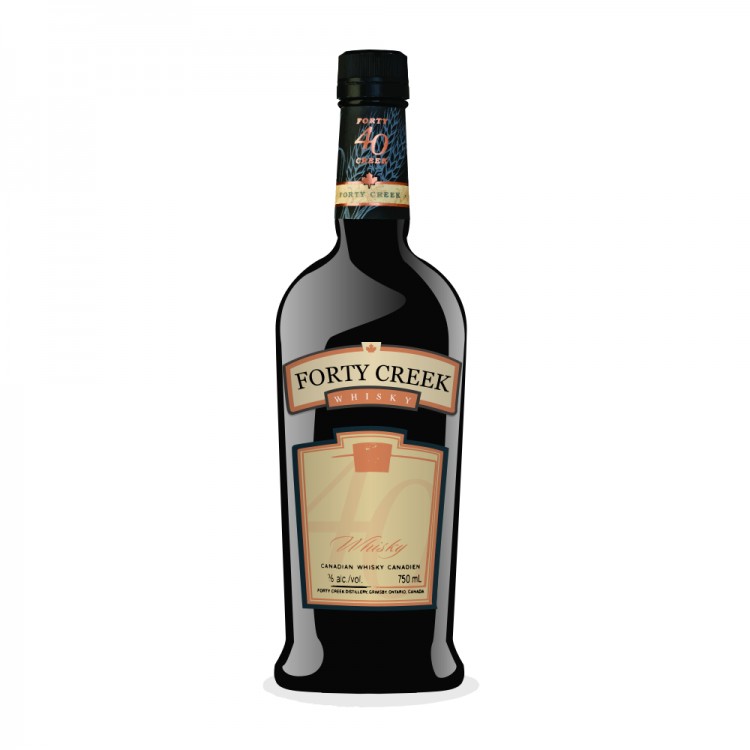
- Nose~
- Taste~
- Finish~
- Balance~
- Overall86
Show rating data charts
Distribution of ratings for this:
- Brand: Forty Creek
- Type: Canadian
- ABV: 40%
Recently, the Forty Creek distillery of Grimsby, Ontario, released their latest expression, Canadian Oak Reserve. Over the launch weekend, I toured the facility and returned home with bottles to complete my stock of the current Forty Creek lineup: Barrel Select, Three Grain, Double Barrel Reserve, and Canadian Oak Reserve. Following in the footsteps of several distinguished members of the Connosr community, I will review each of these expressions over the coming days. Below is a lengthy preamble of Forty Creek’s method; feel free to skip it in order to get to the review that follows.
All Forty Creek whiskies are some blend of maize, rye, and barley, though the ages and proportions are somewhat variable. There are no age statements on any Forty Creek release; the consistency of an expression (particularly Barrel Select) is maintained by tasting. They use two copper pot stills—the larger of the pair modified by a short, stainless steel column that keeps alcohol concentrations high (at about 65%)—and they use only the first distillate. Their rye barrels are lightly charred, barley barrels are medium-charred, and maize barrels are heavily charred (also known as an “alligator” char).
Forty Creek’s owner and master distiller is John Hall, a winemaker by trade. In the making of Forty Creek whisky, Hall has taken advantage of his vintner’s background in several ways. He founded Kittling Ridge, a winery, to provide funds while his Forty Creek spirits began to mature, and he makes use of the winery’s Kingsgate Reserve sherry casks to finish Barrel Select, Forty Creek’s basic expression.
Most importantly, however, Hall’s training led to a simple, but revolutionary, method of whiskymaking. In the production of whisky (from multiple grains), the different grain spirits tend to be combined prior to maturation—a mashbill, for instance, of some proportion of maize, rye, and barley fermented, distilled, and aged together. The grain profiles are thus confounded with one another, such that the moment at which one spirit (such as the maize) achieves its desired profile may not correspond to that of the others (such as the rye and barley). Hall gets around this problem by employing a winemaker’s method, in the Bordeaux and meritage traditions, for each of his Forty Creek releases: maturing each spirit in barrels separately before blending. Once a barrel has achieved its desired profile, the spirit is transferred to stainless steel tanks for holding until the other spirits are ready for blending. Once blended, the final spirit is re-barreled from a period of several months to several years, to finish the whisky and round the final product out.
Last, I review...
FORTY CREEK CONFEDERATION OAK RESERVE
Though Canada is densely forested with the same oak species (White oak, Quercus alba) used in American whiskey barrels, Canadian whisky tends to be matured in American oak. The different conditions under which the trees develop—it’s generally colder here in Canada, for instance—can affect aspects of the wood, such as its density. John Hall was thus curious to see how a whisky aged in Canadian oak barrels would turn out.
Hall’s method is the same as before—meritage whisky making—but after maturing the separate spirits in American oak, they were blended and finished in charred Canadian oak barrels. (Never fear, Americans: the wood was still made into barrels by coopers in the US.) His oaks were approximately 150 years old, dating back to Canadian Confederation; hence, “Confederation Oak” Reserve. In both quality and price (~$70 Canadian for 750 ml), it is close to the tremendous Double Barrel Reserve. In my previous review, I called the Double Barrel Reserve "a hard act to follow." Confederation Oak Reserve, however, manages just fine.
The nose yields notes of dusty rye, vanilla, toasted pecans and roast corn on the cob. As with the other three Forty Creek expressions, there is some lovely butter here, too.
The palate is rye-forward and somewhat dry, again with toasted pecans and some delicious maple syrup. Rye initiates the finish, but it fades gently to a wave of vanilla.
Like Double Barrel Reserve, there are thick legs coating the glass, but in mouthfeel, this is also the richest of the bunch.
Confederation Oak Reserve is a superb experiment. This and its sister whisky, Double Barrel Reserve, are refined, engaging, and dangerously drinkable. I recommend it highly.
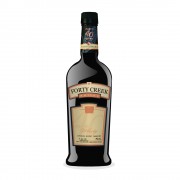
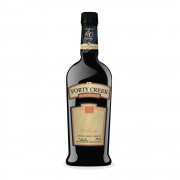
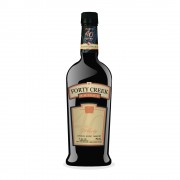
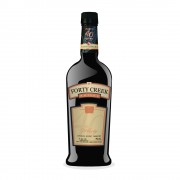


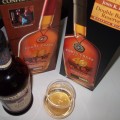


@dbk, what a lot of good information, and great reviews ... you really nailed Forty Creek! Hey, maybe they will make you an ambassador :-)